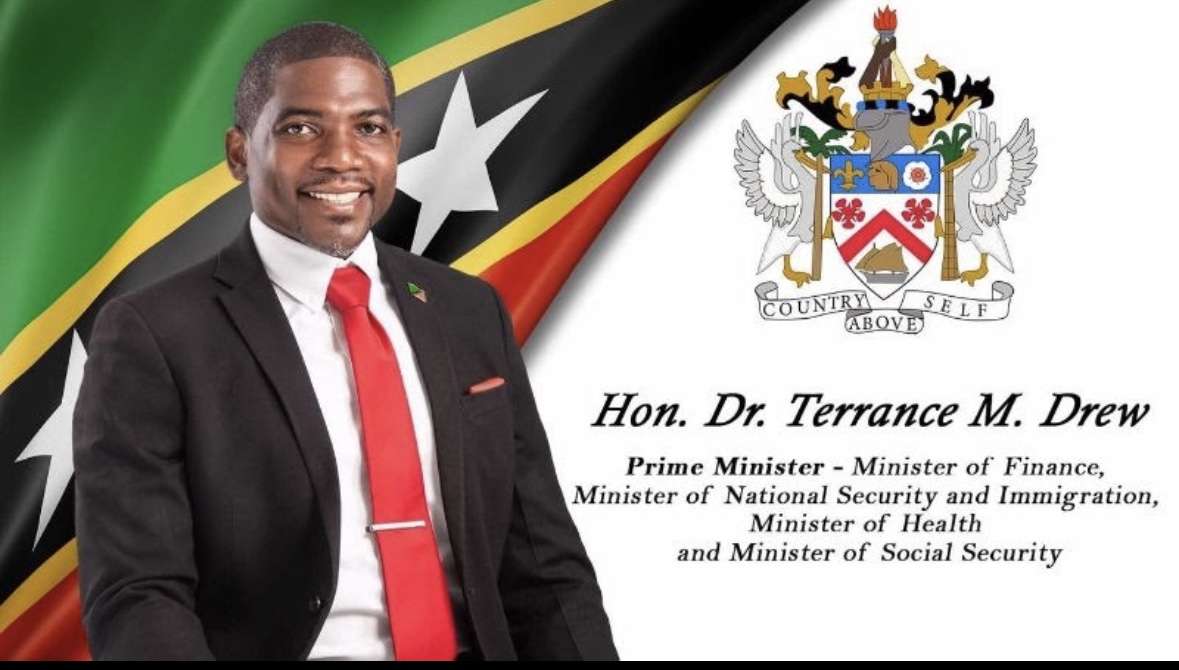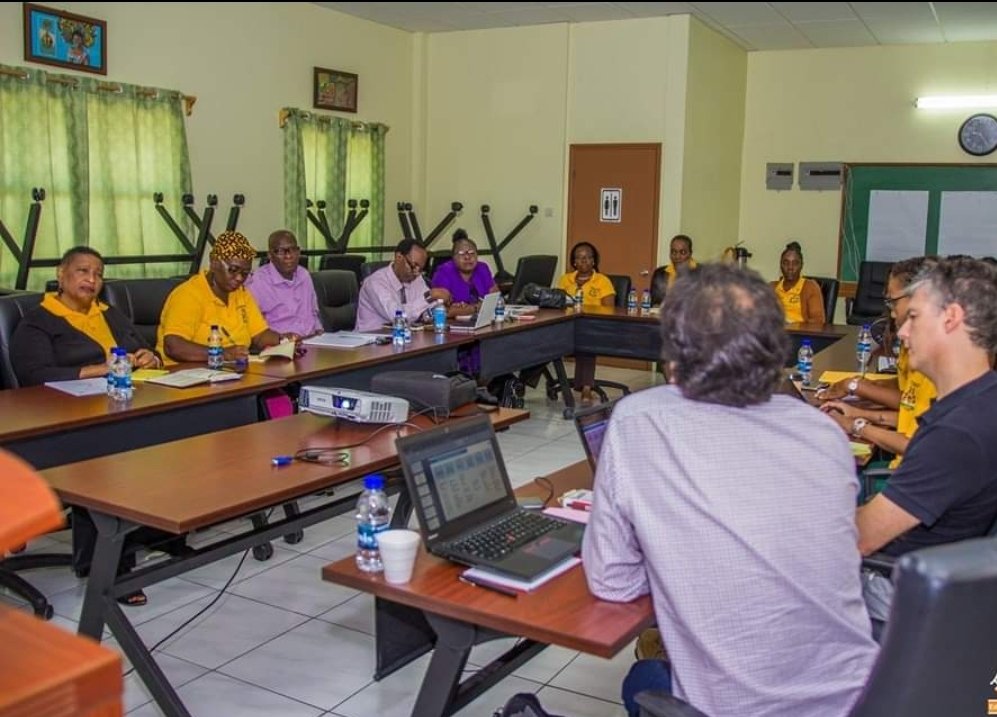Basseterre, St. Kitts and Nevis, January 28, 2023 [Press Secretary’s Office]: The Ministry of National Security has been working assiduously to ensure that the safety and security of our citizens and residents remain a priority within the Federation of St. Kitts and Nevis.
The Government of St. Kitts and Nevis will therefore continue to ensure that the security agencies will maintain a zero-tolerance approach to crime, focusing on the preservation of law and order within our communities.
This has been reiterated by Prime Minister and Minister of National Security, the Honourable Dr. Terrance Drew, who stated in his 2023 Budget Address last month, that, “Societal peace and stability are prerequisites for true social and economic development and for the accomplishment of our progressive Sustainable Island State Agenda. I believe that the treatment of our security forces, as well as the enforcement of law and order, must always be guided by the rules of natural justice.”
A large proportion of the 2023 Budget resources has been allocated to the recruitment, retention, and upgrading of manpower in the Police and Defence Forces, Immigration Department, Fire & Rescue, and Prison Services. In view of this, the government will also continue to make provisions for capacity-building initiatives throughout the respective agencies.
According to the Honourable Minister of National Security, “Security forces have been working around the clock to ensure that peace and safety improve. Rapid analyses of crime data will influence future policing strategies and information gleaned from interagency cooperation on the security forces on a global, regional, and national scale. The security forces must maintain their focus on the established pillars of policing, which include community/police relations, intelligence-led policing, and predictive policing, according to the analysis of the patterns seen in 2022.”
Several crime reduction initiatives are in effect, including the continuous use of science and technology for crime prevention and problem-solving, the acceptance and active support of the current social intervention programs, as well as specialized training for the police in areas such as ballistics and DNA testing, cybercrime, and intelligence.
Another important crime-reduction strategy relates to community policing, with specific attention given to the incorporation of training to target a reduction in repeat offenders, by forging stronger community relationships, reducing gang membership recruitment, and establishing safe havens for at-risk youths.
“The basis for general policing must continue to be the relationship between law enforcement and the community. With the formation of numerous Explorers Youth Clubs and the fostering of close relationships between the police and other interest groups in our communities on St. Kitts and Nevis, the Community Policing Team’s model will continue to be applied to several additional villages requiring additional equipment and personnel to sustain the desired societal impact for present and future generations,” said Honourable Dr. Drew.
The Government will continue to take the necessary measures to improve cooperation and close relationship between the Explorers Youth Clubs, the Security Forces, and other interest groups.
Recently appointed Permanent Secretary in the Ministry of National Security, Ms. Cecile Hull added that, “The continued expansion of the community-policing model will be tailored to our society’s complex and diverse needs, with the delivery of public protection being informed by community priorities and robust evidence-based programmes. It is the ministry’s intention to reintroduce our schools to programmes such as M.A.G.I.C, T.A.P.S, Cadet Corps, and Sea Cadets. Additionally, The National Drug Council will expand the reach and efficacy of drug prevention and intervention efforts, focusing on the most vulnerable populations.”
M.A.G.I.C, which stands for Mentoring, Advising, Guiding, and Instructing Children, targets sixth (6th) graders addressing issues such as peer pressure, bullying, cyber interference, teaching discipline, self-restraint, and proper behaviour. M.A.G.I.C was implemented by the Special Victims Unit (SVU) of the Royal St Christopher and Nevis Police Force.
Teen and Police Service (T.A.P.S), is a joint initiative between the Royal St. Christopher and Nevis Police Force, the Ministry of National Security, and the Ministry of Education, to strengthen the relationship between at-risk youth and law enforcement, through learning, social interaction, and collaborative discussions.
Both programmes were first introduced to the Federation by the former Commissioner of Police in 2014 and will be reintroduced as part of the Ministry’s crime reduction strategies.
The Peace programme, one of the key rehabilitation strategies, is currently undergoing a reformation process to improve accountability and transparency to address the various needs of the applicants. Permanent Secretary for the Prime Minister’s Office, Ms. Naeemah Hazelle has advised of the relaunch next month with new mandates. She stated that the idea is to advance the programme to include academic and skills accreditation to improve the skills and proficiencies of the members and offer entrepreneurial training to create sustainability. The deadline for registration is February 11th, 2023.
The National Security agencies will continue their bimonthly meetings to execute joint operations as part of the ministry’s mandate to implement and strengthen its crime-fighting strategies. In his capacity as Chair of the National Defence Board, the Prime Minister reiterates his commitment to the regular meetings of the board and applauds the interagency collaboration of the security forces.
###









